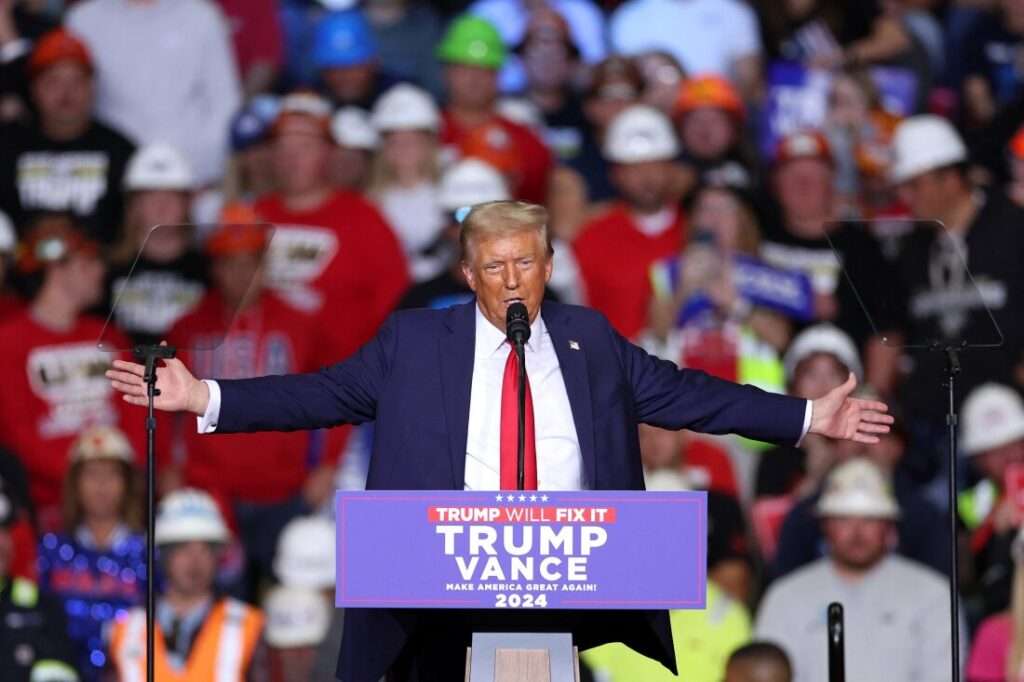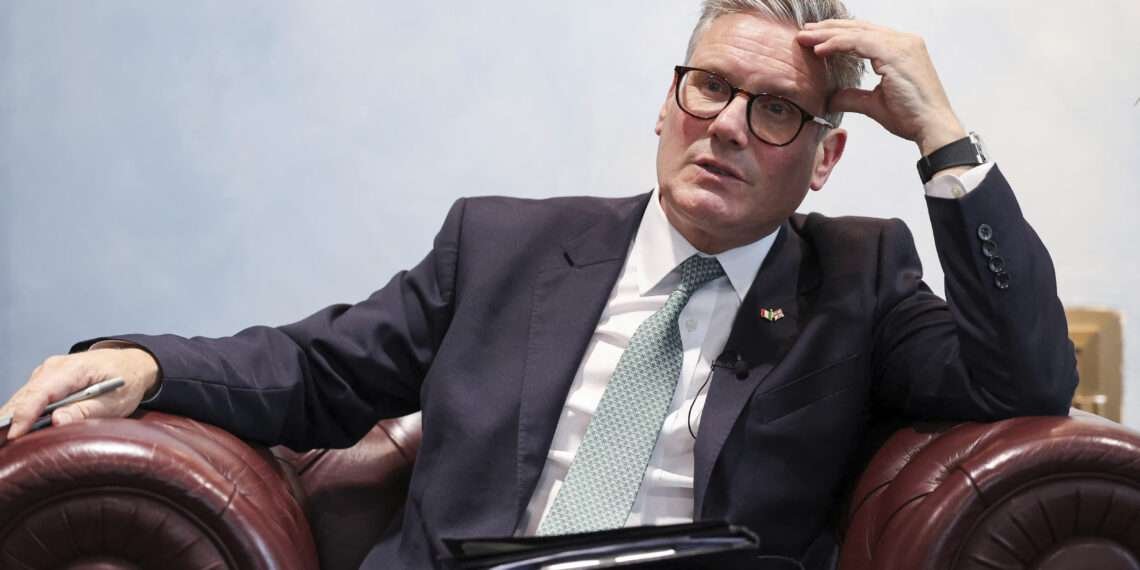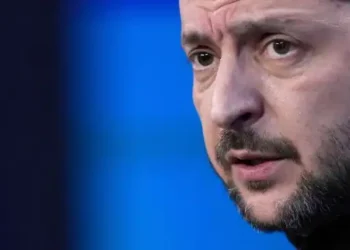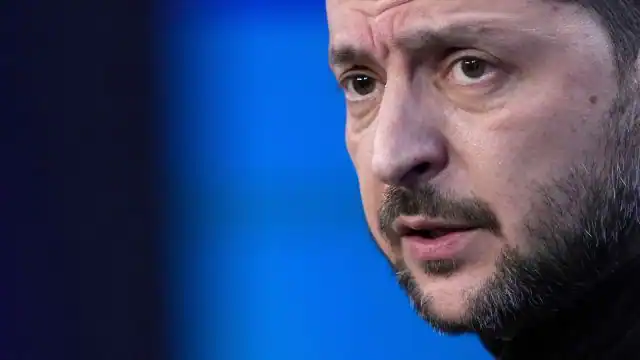In the wake of Donald Trump’s resounding victory over Kamala Harris in the US presidential election, British Prime Minister Keir Starmer’s vision of a harmonious, center-left alliance with the United States appears dashed.
Hopes for a modern-day partnership similar to the Thatcher-Reagan era are rapidly unraveling as the realities of a Trump-led administration begin to take shape. Starmer faces not only a ‘political foe’ in the White House but also an administration openly dismissive of Labour’s policy stances.
This ideological divide is not merely speculative. Trump’s campaign has made its stance clear, previously referring to Labour’s policies as “far-left.” The situation worsened when Trump’s team initiated a high-profile court case, accusing Labour of foreign interference due to the 100 UK volunteers sent to support Harris’s campaign efforts.
Frayed Diplomatic Ties Now at Stake
Months of carefully orchestrated diplomacy have failed to avert this crisis. Starmer’s recent meeting with Trump in New York, seen as a positive step at the time, now seems like a hollow gesture as the diplomatic ground beneath Labour crumbles.
Foreign Secretary David Lammy has been leading efforts to repair relations with US conservatives, despite his past comments about Trump, whom he labeled a “neo-Nazi sociopath.”
Lammy’s attempts at diplomatic bridge-building, including defending Trump’s contentious comments about NATO, are likely to prove ineffective in swaying Trump, a figure known for neither forgetting nor forgiving past insults.
The ramifications of this shift in US-UK relations are amplified by Britain’s current standing in the European Union. During Starmer’s recent visit to Brussels to meet European Commission President Ursula von der Leyen and other officials, British journalists noticed a muted reception, underscoring Europe’s diminishing interest in the UK post-Brexit.
With Trump in power, Britain’s traditional role as America’s closest European ally could fade further, leaving a vacuum that Hungary, led by Trump ally Viktor Orban, may step in to fill.
Europe’s Hard-Right Sees Opportunity
The effects of Trump’s victory may also ripple through the UK’s role in global issues, especially regarding the war in Ukraine. The UK has consistently championed military and economic support for Ukraine, while EU member states have often hesitated.

Under Trump, however, the White House could pivot toward a different approach, seeking a deal with Russia. This shift could leave the UK and its European allies isolated, powerless to counter a US-Russia rapprochement. Such a scenario may embolden the far-right across Europe and the UK, as their vision gains traction under Trump’s influence.
In the UK, this political shift has given fresh impetus to Nigel Farage, the former UKIP leader and prominent Brexit advocate, who shares a long-standing friendship with Trump.
Farage, leader of Reform UK, is reinvigorated by the prospect of Trump returning to power and now views the upcoming UK elections as a unique opportunity to challenge the Conservative Party. Trump’s endorsement could provide Reform UK with the kind of momentum that the Tories, struggling with internal divisions, may find hard to counter.
The UK’s Political Landscape at a Crossroads
The implications for UK politics are profound. Trump’s inner circle has shown open support for controversial UK figures like Tommy Robinson, and prominent figures such as Elon Musk have fueled further tension, publicly speculating about a potential “civil war” in Britain amid last summer’s social unrest.
For Conservative leader Kemi Badenoch and her shadow foreign secretary, Dame Priti Patel, Trump’s return complicates matters. Both have fostered strong connections within the Republican Party, especially with figures like Florida Governor Ron DeSantis, who recently endorsed Badenoch.
However, their alignment with more traditional, establishment Republicans could put them at odds with Trump’s populist base, creating further challenges for the Conservative Party.
As Starmer looks across the continent for international allies, his strongest partnership may lie with Germany’s center-left chancellor, Olaf Scholz. However, Scholz himself faces uncertain prospects in Germany’s national election next year, casting doubt on his ability to offer Starmer the reliable partnership that previous German chancellors provided.
In the coming months, the political reverberations of Trump’s win will likely intensify. Labour’s vision of a progressive, transatlantic partnership may need serious recalibration as Starmer navigates this fractured political landscape.
READ ALSO: Gospel Musicians Advised on Acknowledging Original Composers



















